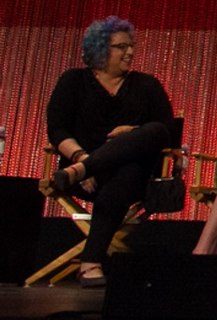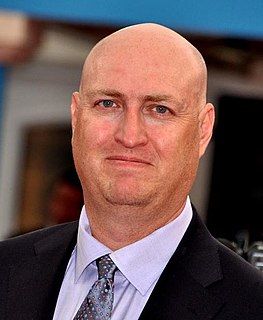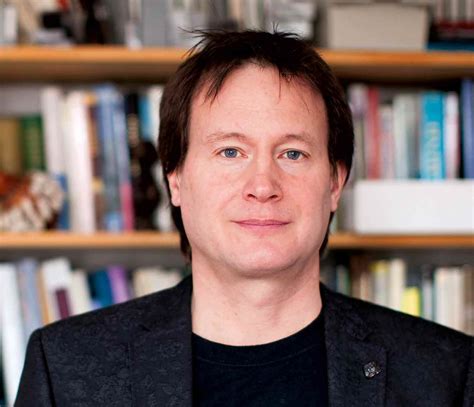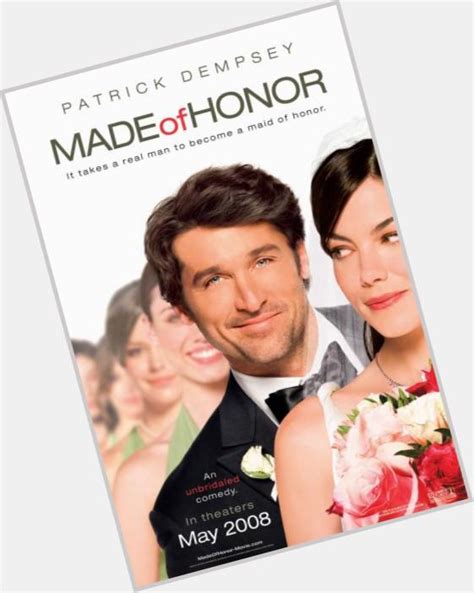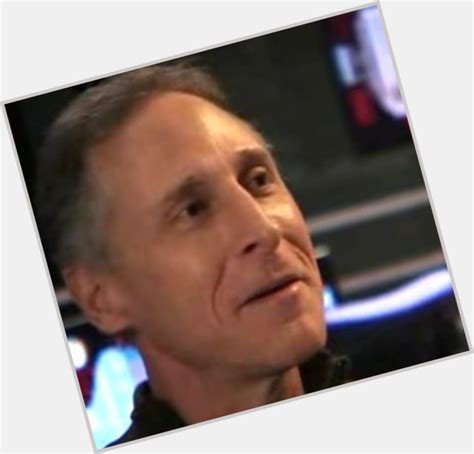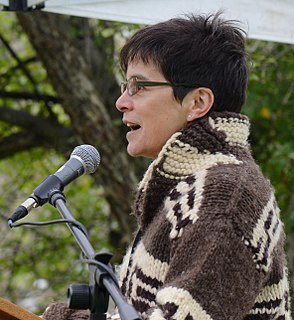A Quote by Milan Kundera
No episode is a priori condemned to remain an episode forever, for every event, no matter how trivial, conceals within itself the possibility of sooner or later becoming the cause of other events and thus changing into a story or an adventure. Episodes are like land mines. The majority of them never explode, but the most unremarkable of them may someday turn into a story that will prove fateful to you.
Related Quotes
I was talking to Shonda Rhimes the other day and I said, "I. Do. Not. Know. How. You. Do. This." While we're writing episode 10, episode 6 is shooting, episode 3 is in the edit, and episode 2 is in its color session...You've got seven episodes in different parts! It's a wild, wild, wild ride, which I thoroughly enjoyed. It was badass and amazing.
I think what people watch television for is the emotional continuity, from episode to episode, and feeling that the experience that they had, four episodes ago, has actually been building to an episode that comes later, and knowing that the characters are growing, as a result of that, and making mistakes, is really, really important to the way people connect to television.
There are story-room sessions where you think about the big picture, like a novel, but once you have certain things in place, you have to treat each episode like an hour of TV, and think that maybe this will be the only episode that anyone will ever watch. You want to have some sort of beginning, middle, and end to the episode, even if you have storylines that are carrying over. You still want it to feel like a cohesive hour of entertainment. And you can't think about both at the same time.
Our self illusion is so interwoven with personal memories that when we recall an event, we believe we are retrieving a reliable episode from our history like opening a photograph album and examining a snapshot in time. If we then discover the episode never really happened, then our whole self is called into question. But that's only because we are so committed to the illusion that our self is a reliable story in the first place.
I must perish in this deplorable folly. Thus, thus, and not otherwise, shall I be lost. I dread the events of the future, not in themselves, but in their results. I shudder at the thought of any, even the most trivial, incident, which may operate upon this intolerable agitation of soul. I have, indeed, no abhorrence of danger, except in its absolute effect-in terror. In this unnerved-in this pitiable condition-I feel that the period will sooner or later arrive when I must abandon life and reason together, in some struggle with the grim phantasm, FEAR.
The one thing that we wanted to make sure in the pilot [of "Mary and Jane"] is that we could go everywhere. Part of the fun of them being a delivery service is that they go to different areas episode to episode. We do have an episode in the beach and there is an episode in the luxury rehab. It's all different kinds of things we are making fun of in LA.
Tell the story, gather the events, repeat them. Pattern is a matter of upkeep. Otherwise the weave relaxes back to threads picked up by birds to make their nests. Repeat, or the story will fall and all the king's horses and all the king's men. . . . Repeat, and cradle the pieces carefully, or events will scatter like marbles on a wooden floor.

